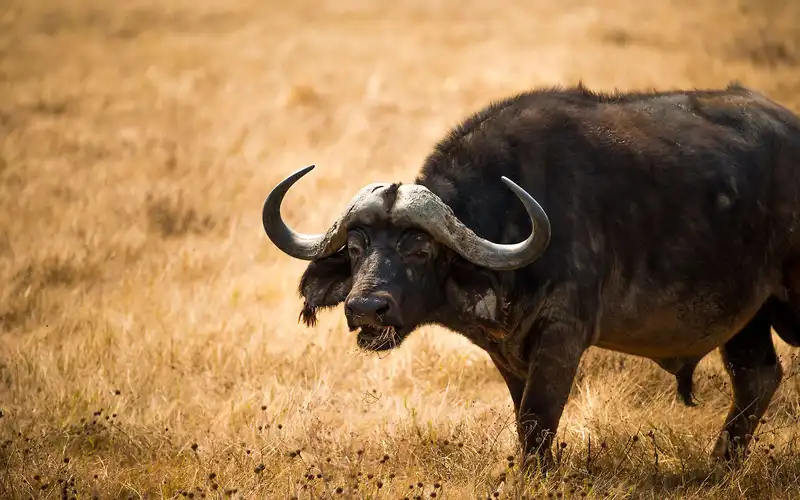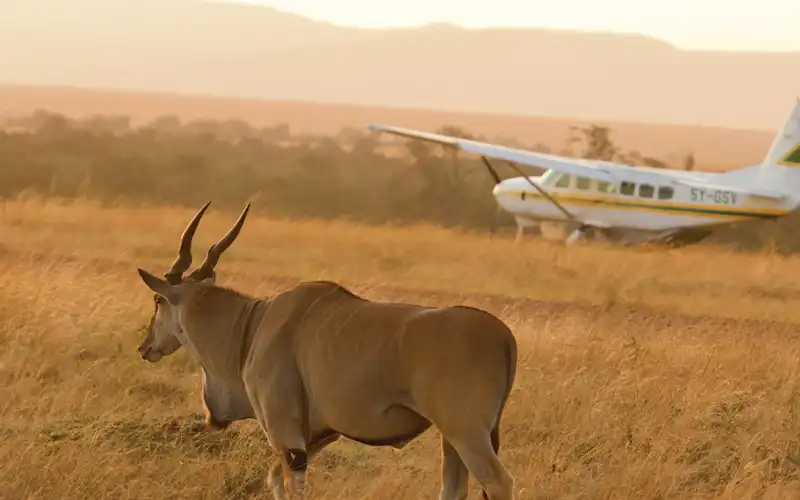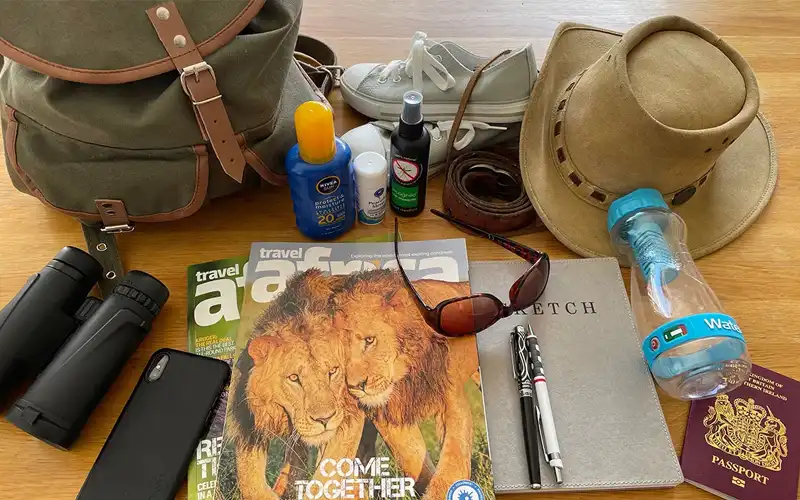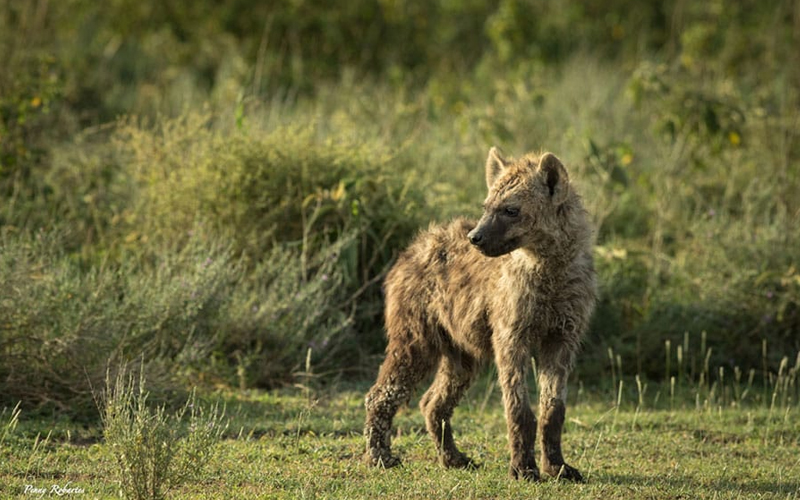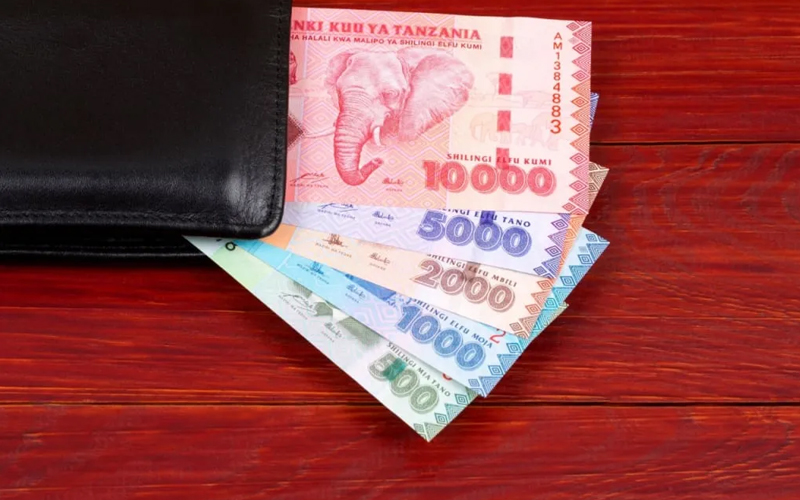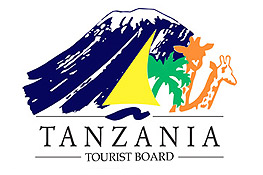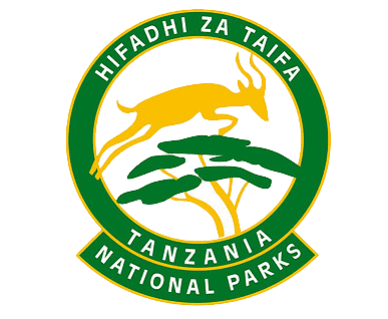Choosing the Right Time to Visit
Tanzania’s seasons play a significant role in your safari experience. The dry season (June to October) is often recommended for wildlife viewing. During this period, animals gather around water sources, making them easier to spot. Conversely, the wet season (November to May) brings lush landscapes and fewer tourists, but wildlife can be more dispersed. For the best of both worlds, consider visiting during the shoulder months of June and November. You’ll enjoy good weather and wildlife sightings without the peak-season crowds.Deciding on Safari Locations
- Serengeti National Park: Famous for the Great Migration, it’s a must-visit for wildlife enthusiasts. This park spans over 14,750 square kilometers, offering vast plains where you can witness the cyclical migration of over 1.5 million wildebeest and 250,000 zebras.
- Ngorongoro Crater: A UNESCO World Heritage site, this caldera hosts diverse wildlife in a unique setting. The crater formed millions of years ago, is one of the world’s largest volcanic calderas and provides a sanctuary for a variety of animals including the Big Five.
- Selous Game Reserve: Less crowded and more remote, it’s perfect for those seeking a quieter safari. This reserve, one of the largest in the world, covers 50,000 square kilometers and offers opportunities to see elephants, black rhinos, and African wild dogs.
- Mount Kilimanjaro: While not a traditional safari spot, combining a climb with a safari can be an epic adventure. Standing at 5,895 meters, Kilimanjaro is Africa’s highest peak and offers diverse ecosystems from tropical rainforest to alpine desert.
Selecting Your Safari Type
- Guided safaris: Ideal for first-timers, guided safaris offer expert knowledge and ease of travel. Guides can provide invaluable insights into animal behavior and the ecosystem.
- Self-drive safaris: For the adventurous, renting a 4×4 and exploring at your own pace can be exhilarating. This option provides maximum flexibility and allows for spontaneous stops.
- Fly-in safaris: These offer quick access to remote parks, maximizing your time in the wild. Fly-in safaris often include chartered flights to lodges deep within game reserves.
Planning Your Itinerary
Crafting a well-thought-out itinerary is crucial. Consider the duration of your safari—typically, a week to ten days is ideal. Include key activities like game drives, walking safaris, and cultural visits. Keep some flexibility to accommodate unexpected wildlife sightings or changes in weather.Booking Accommodations
From luxurious lodges to budget-friendly campsites, Tanzania offers diverse accommodation options. Choose based on your comfort preferences and proximity to wildlife hotspots. Staying in a camp within a national park can offer early access to game viewing.Health and Safety Precautions
Ensuring your health and safety is paramount:- Vaccinations: Consult your doctor about required vaccinations such as yellow fever and hepatitis. Additionally, vaccinations for typhoid and cholera may be recommended.
- Medications: Carry malaria prophylactics and a basic first aid kit. It’s also wise to bring any personal prescription medications and a copy of the prescriptions.
- Travel insurance: Comprehensive insurance covering medical emergencies, trip cancellations, and theft is essential. This can provide peace of mind in case of unexpected events.
Packing Essentials
- Clothing: Light, breathable fabrics in neutral colors are best. Include a warm jacket for early mornings and evenings. Long sleeves and pants can help protect against mosquitoes.
- Footwear: Comfortable, sturdy shoes for walking safaris. Waterproof shoes are also advisable for wet-season travel.
- Camera and binoculars: To capture and enjoy distant wildlife. Consider bringing extra batteries and memory cards.
- Travel documents and money: Ensure your passport is valid for six months beyond your travel date, and bring enough cash for tips and emergencies. Make copies of important documents and store them separately.
Understanding Local Culture
Embracing local culture enriches your trip:- Basic Swahili phrases: Learning greetings like “Jambo” (hello) and “Asante” (thank you) fosters goodwill. Simple phrases can go a long way in creating a positive interaction.
- Cultural etiquette: Dress modestly, especially in rural areas, and always ask permission before taking photos of people. Showing respect for local customs and traditions can enhance your experience.
- Engaging with local communities: Participate in village visits or cultural tours to learn about traditional ways of life. This not only supports local economies but also provides deeper insights into Tanzanian culture.
Wildlife Viewing Etiquette
- Keep a safe distance: Use binoculars to observe animals without disturbing them. Approaching too closely can stress animals and be dangerous.
- Avoid loud noises: Silence your phone and speak softly. Loud noises can startle wildlife and disrupt the natural environment.
- Respect animal behavior: Never try to attract or feed animals’ attention. Feeding wildlife can alter their natural behaviors and create dependence on humans.
Sustainable Travel Practices
Protecting Tanzania’s natural beauty is everyone’s responsibility:- Minimize your footprint: Stick to designated paths and dispose of waste properly. Avoid using single-use plastics and try to reduce your overall waste.
- Support local conservation efforts: Choose tours and lodges that contribute to wildlife conservation. Many lodges participate in or fund conservation projects.
- Eco-friendly accommodations: Opt for lodges with sustainable practices, like solar power and water recycling. These choices help reduce your environmental impact.
Getting Around Tanzania
Navigating Tanzania can be an adventure in itself:- Domestic flights: Quick and convenient, they connect major safari destinations. Domestic airlines like Precision Air and Coastal Aviation offer regular flights.
- Road travel: Hiring a 4×4 with a driver offers flexibility and local expertise. Roads can be rough, so having an experienced driver is beneficial.
- Public transportation: Not recommended for safari-goers due to limited routes and comfort levels. Public buses and daladalas (minibuses) are often crowded and less reliable.
Handling Currency and Payments
- Tanzanian shilling vs. USD: Both currencies are widely accepted, but carrying shillings for small purchases is advisable. Larger establishments may accept credit cards.
- Using ATMs and credit cards: Available in major towns and cities, though remote areas may only accept cash. Inform your bank of your travel plans to avoid issues with card transactions.
- Tipping guidelines: Tip guides, drivers, and lodge staff as a token of appreciation. A typical tip is $10-15 per day for guides and $5-10 per day for lodge staff.
Communication and Connectivity
Staying connected in Tanzania:- Mobile networks: Major carriers provide good coverage in cities and tourist areas. Consider purchasing a local SIM card for affordable data and call rates.
- Internet access: Wi-Fi is available in most lodges and hotels. However, connection speeds can vary, especially in remote areas.
- Staying connected with family and friends: Consider purchasing a local SIM card for affordable data and call rates. Apps like WhatsApp and Skype can also be useful for keeping in touch.
Tanzania’s allure lies in its wild landscapes and incredible wildlife. By planning ahead, respecting local customs, and embracing sustainable travel, your safari can be both magical and responsible. So pack your bags, charge your camera, and get ready for an adventure of a lifetime!
FAQs
What is the best time of year to go on a safari in Tanzania? The best time for a Tanzanian safari is during the dry season from June to October, offering excellent wildlife viewing opportunities. Do I need any special vaccinations for traveling to Tanzania? Yes, vaccinations for yellow fever, hepatitis, and typhoid are recommended. Consult your healthcare provider for a complete list. What should I pack for a Tanzania safari? Pack light, breathable clothing, sturdy footwear, a good camera, binoculars, travel documents, and necessary medications. Is it safe to travel to Tanzania for a safari? Tanzania is generally safe for tourists. However, it’s important to follow local advice, stay in reputable accommodations, and take health precautions. How much does a typical Tanzania safari cost? The cost varies based on the type of safari, accommodation, and duration. On average, a mid-range safari can cost between $2,500 and $5,000 per person. To ensure a comprehensive and well-prepared Tanzanian safari, explore the following topics on our page: Visit our page for detailed information and tips to plan and enjoy your perfect safari adventure in Tanzania.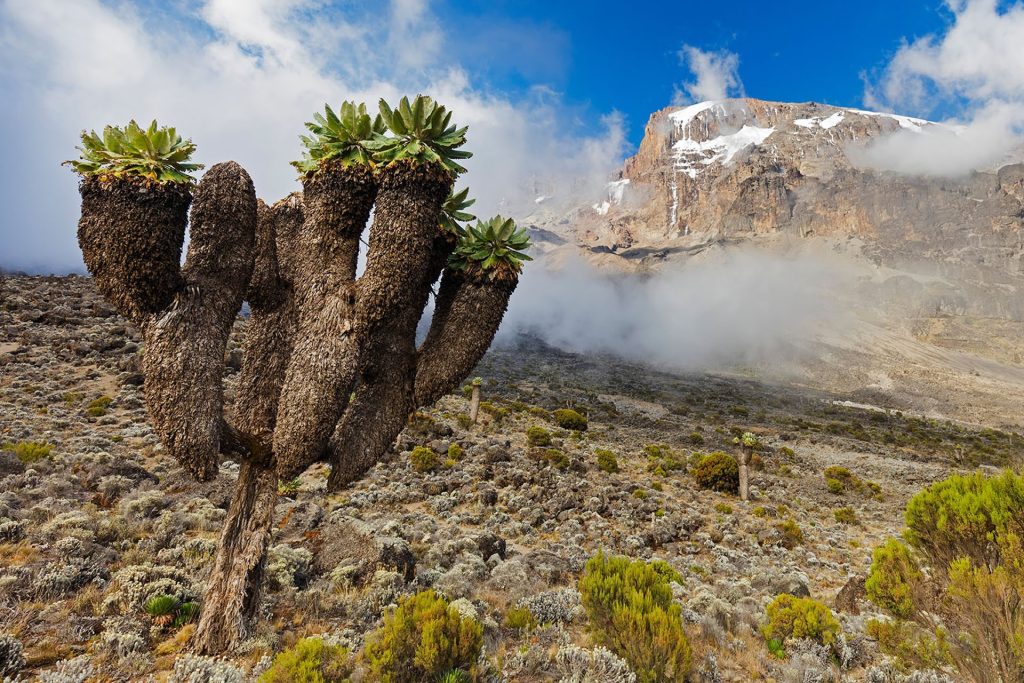
Kilimanjaro Climb
Book Hiking tours to Mount Kilimanjaro, The Roof of Africa, Best Prices Guarantee!
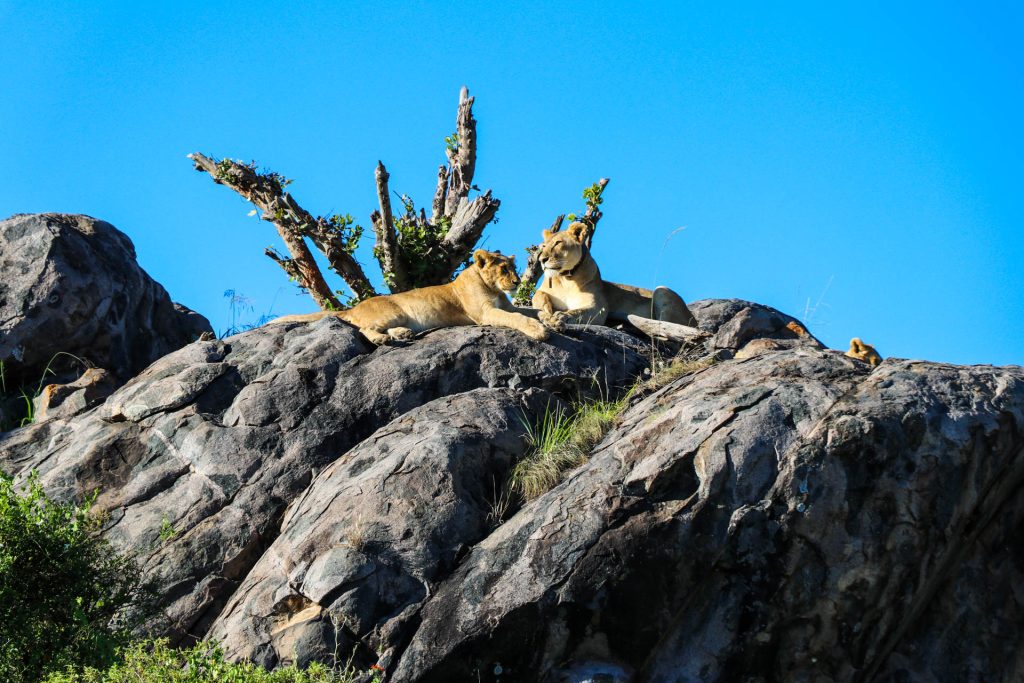
Tanzania Safari Vacations
Explore our Unforgettable Tanzania Budget, Mid-Range & Luxury Wildlife Safari.
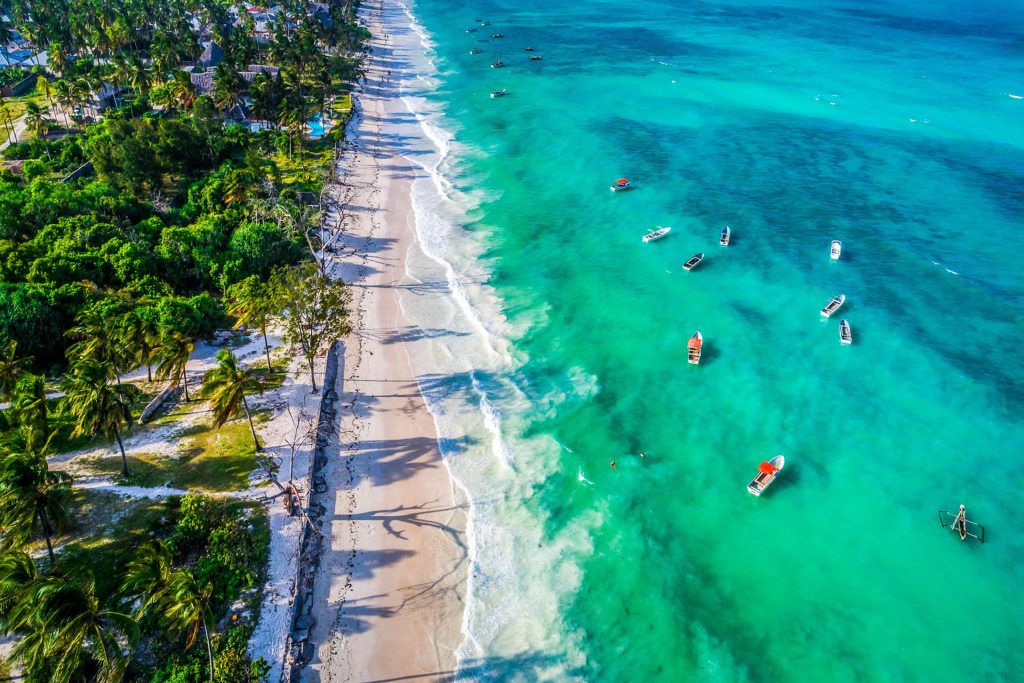
Beach Excursions
Visit Zanzibar Island and Coastal Tanzania for beach tours before and after a climb or safari.
ABOUT BOKER ADVENTURE…
Boker Adventure is a Tanzania Tours company located in Moshi town along the slope of Mount Kilimanjaro committed to offering local experiences such as Mount Kilimanjaro climbing experiences, Tanzania Wildlife Safari Experiences, Tanzania cultural tourism, bike tours, honeymoon, Air Ticketing and beach holidays. At Boker Adventures, we offer you a unique and comprehensive selection of Tanzania Private tours that are tailor made to suit your schedule and budget.
Please give us an opportunity to organize your African dream holiday!.

